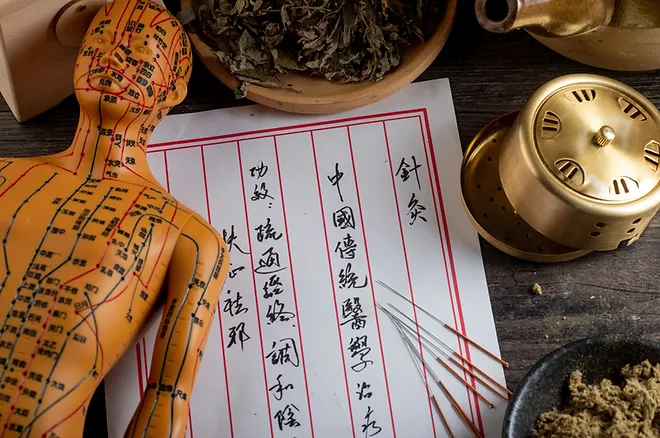Discover Your Perfect Healer Today!
Our online practitioner directory connects you with a wide range of healers to suit your unique needs.
Easily search and find the right professional to support your wellness journey.
Start exploring today to find your perfect match.
Modality
Disease
Books
Products
Events
Training
Blogs
Energy Specialist
The Role of Alternative Energy Specialists
Wave-making alternative medicine has a lot to do with holistic wellness. People who deal with this energy are at the epicenter of such a movement. ...
Read More → Written by
David Brown
Naturopathy
How to Become a Naturopathic Practitioner: Empowering Your Journey
Being a naturopathic practitioner is an exhilarating journey as it is characterized by the integration of therapeutic medicine and the utilization of the natural body’s ...
Read More → Written by
Michael Johnson
Reiki Healers
The Role of Communication and Clothing in Reiki Sessions
Reiki is an old healing method. It employs vitality to promote health and equilibrium. This article examines different aspects of Reiki sessions. For instance, can ...
Read More → Written by
John Smith
Homeopathy
Homeopathy: A Closer Look at Side Effects and Safety
Homeopathy, the last system of alternative medicine founded in the late 18th century by Samuel Hahnemann, is based on the idea of the “like cures ...
Read More → Written by
James Williams
Acupuncture
Cultural Perspectives: How Acupuncture is Practiced Around the World
Acupuncture is a Chinese treatment technique that has gained popularity in different regions of the world and thus modified. While it is true that there ...
Read More → Written by
David Brown
Dietician
Nutrition Diet with Conventional and Complementary Therapies
It is necessary to blend diet with both conventional and alternative treatments. It helps physicians to treat their patients in a better way by combining ...
Read More → Written by
John Smith






